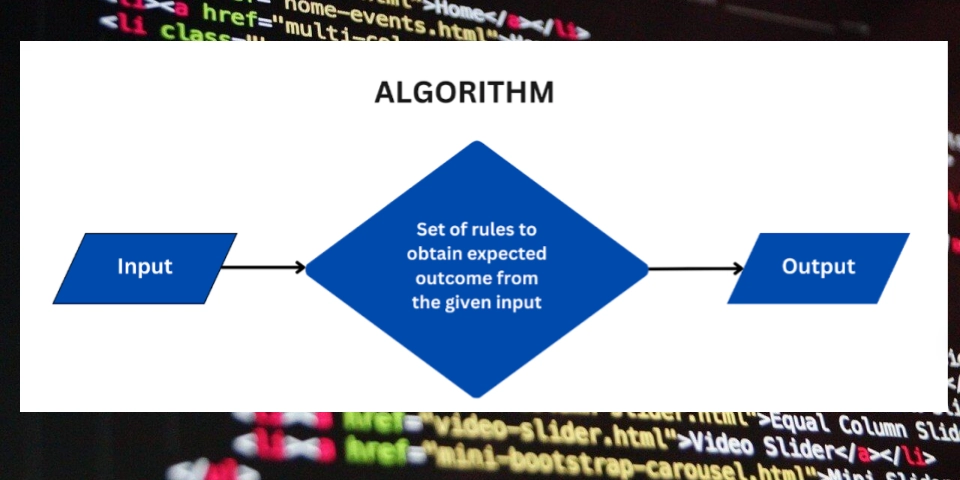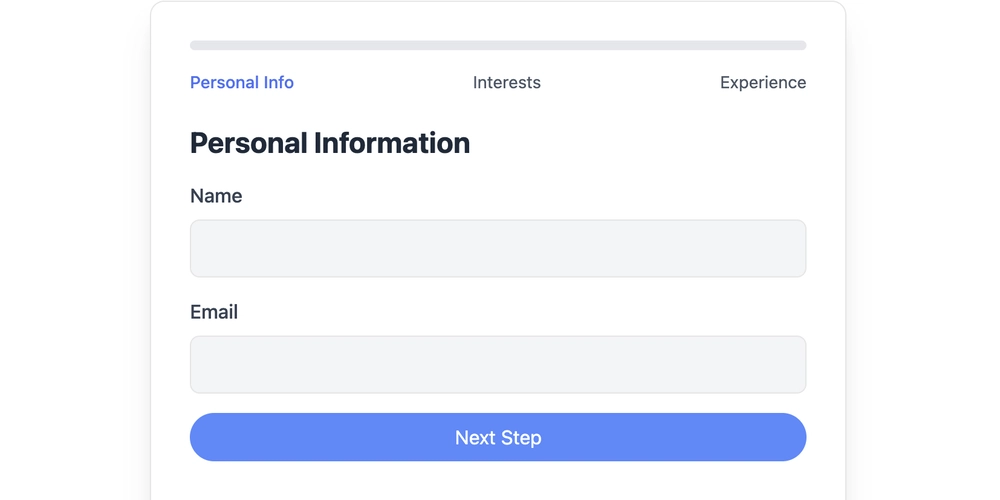
Cybersecurity Threats You Need to Know: Credit Card Theft, Cookie Theft, and More (April 2025)
Are you worried about your online security? You should be! This week's cybersecurity news is brimming with new and evolving threats you need to be aware of. Stay informed about the latest malware, scams, and AI vulnerabilities so you can protect yourself.
New Android Malware Steals Credit Cards via NFC Relay Attacks
Think twice before installing that new app! A new "Malware as a Service" (MaaS) is targeting Android users.
- The Threat: This malware, disguised as a legitimate app, steals your credit card details and uses NFC relay attacks for fraudulent transactions.
- The Catch: "SuperCard X" avoids detection by antivirus engines and doesn't request risky permissions, making it harder to spot.
- Protect Yourself: Be extra cautious when installing new apps, even if they seem harmless. Check app permissions and research the developer before downloading.
Cookie-Bite Attack: Chrome Extension Can Steal Your Session Tokens Bypassing MFA
A proof-of-concept attack demonstrates how easily session tokens can be stolen, highlighting a serious vulnerability. The "Cookie-Bite" attack showcases the potential danger of Chrome extensions and stolen cookies.
- The Threat: Attackers use a Chrome extension (like Cookie-Editor) to inject stolen cookies into your browser.
- The Impact: This bypasses Multi-Factor Authentication (MFA), giving attackers full access to your accounts as if they were you, particularly on platforms like Azure.
- Staying Safe: Implement strong password policies, regularly review your browser extensions, and monitor your account activity for anything suspicious.
Google Forms Scams: How Fraudsters Abuse Legitimate Tools
Cybercriminals are using Google Forms, a legitimate tool, to spread scams. This is yet another reminder that no platform is immune to abuse.
- The Threat: Fraudsters create fake forms to collect your personal and financial information.
- The Defense: Change your passwords immediately if you've fallen victim to a Google Forms attack. Run a malware scan, freeze your cards, enable MFA, and monitor your accounts closely.
- Key Safeguard: Always double-check the URL and sender of any form you receive, and never provide sensitive information unless you're absolutely sure it's legitimate.
Deleted Files on GitHub Leak Valuable Secrets: A Lesson in Git Security
Think deleting files removes them forever? Think again! A researcher discovered that deleted files on GitHub repositories can expose sensitive data.
- The Threat: Even after deletion, secrets like API keys, tokens, and credentials can be recovered from public repositories.
- The Method: An automated tool clones public repositories, finds deleted files, and scans them for secrets.
- The Lesson: Understand Git thoroughly and take extra care when handling sensitive information in your repositories. Be wary of accidentally committing sensitive data.
Policy Puppetry: AI Models Vulnerable to Prompt Injection Attacks
Even with guardrails, AI models like ChatGPT, Claude, and Gemini are vulnerable to prompt injection attacks. All major Gen-AI models can be tricked into bypassing their safety measures and producing harmful content.
- The Threat: "Policy Puppetry" allows attackers to manipulate AI models into generating dangerous or inappropriate content.
- The Significance: This bypass works universally across different AI models.
- The Future: Current AI models require additional security measures, not just reliance on self-monitoring for dangerous content. Look for enhanced controls and external security tools to mitigate these risks.







